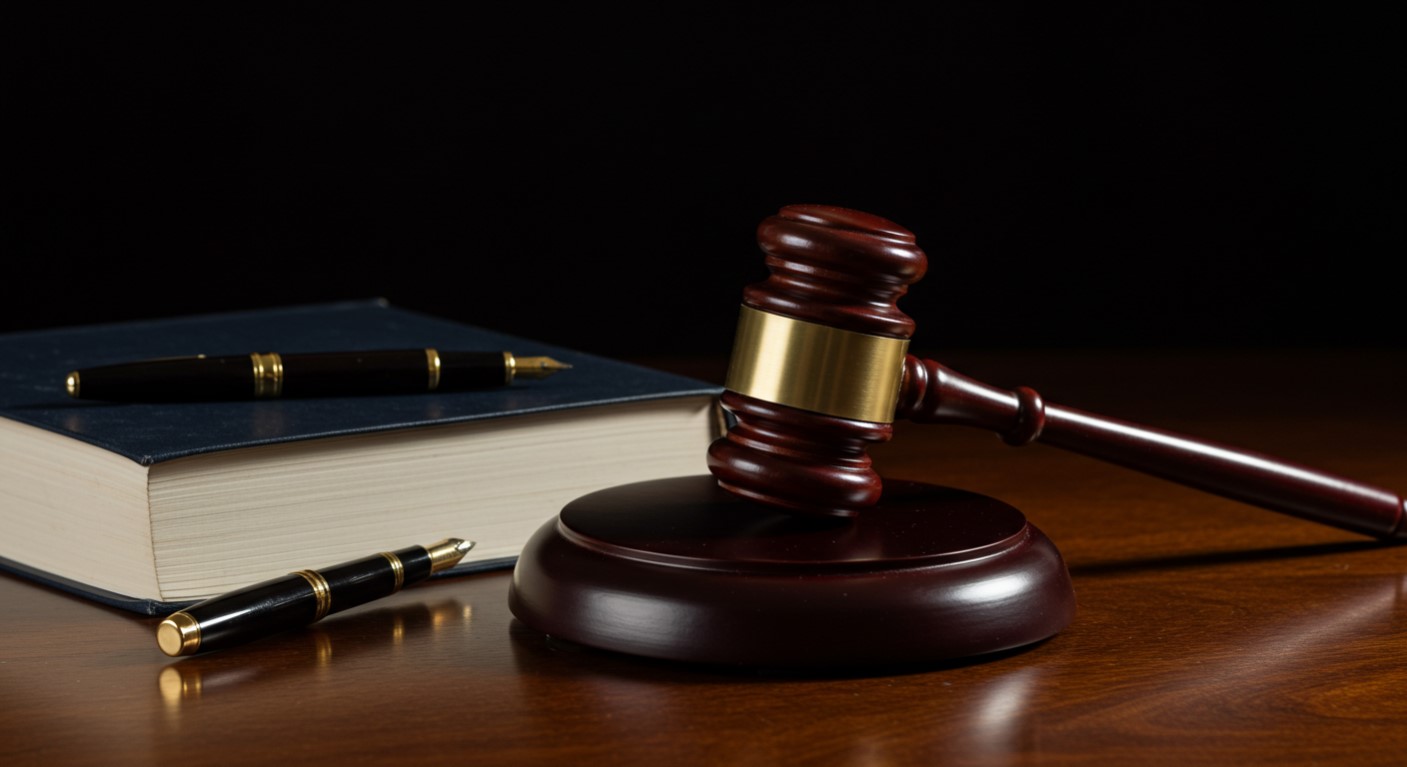Understanding Affray in England: The Law, Consequences, and the Importance of Seeking Legal Advice

Understanding Affray in England: The Law, Consequences, and the Importance of Seeking Legal Advice
Affray is a legal term used in England to describe a serious public order offence that involves violent or threatening behaviour likely to cause others to fear for their safety.
This article explores the legal framework surrounding affray, its consequences, and the pivotal role of seeking legal advice when facing allegations of this nature.
The Legal Framework

- Definition of Affray
- Affray is defined under Section 3 of the Public Order Act 1986 as the use or threat of unlawful violence towards another person or persons, which causes them to fear for their safety. It typically involves public disturbances or fights that disrupt the peace.
- Elements of the Offence
- To establish a case of affray, several key elements must be present, including the use or threat of violence, the presence of at least two people, and the reasonable fear of violence among those present.
Consequences of Affray

- Criminal Record
- A conviction for affray results in a criminal record, which can have long-lasting implications, including difficulties in obtaining employment and other opportunities.
- Penalties
- The penalties for affray can be severe. Offenders may face imprisonment for up to three years, a fine, or both. The exact punishment depends on the circumstances of the offence and the defendant’s criminal history.
- Impact on Reputation
- Being charged with affray can harm an individual’s reputation, both personally and professionally.
- Employment and Travel Restrictions
- A criminal record for affray may limit employment opportunities and affect travel, particularly to countries that conduct background checks on visa applicants.
Why You Should Seek Legal Advice

- Understanding the Charges
- Legal professionals can help you comprehend the nature of the charges you are facing, the evidence required for a conviction, and the potential legal defences available.
- Assessing the Evidence
- Solicitors and criminal defence lawyers can evaluate the evidence against you. They will analyse witness statements, police reports, and the circumstances of the alleged affray to identify any weaknesses in the prosecution’s case.
- Building a Defence
- Legal experts can craft a strong defence strategy tailored to your specific case. This may involve challenging the evidence, presenting alibis, or asserting self-defence if applicable.
- Negotiation
- Solicitors can negotiate with the Crown Prosecution Service (CPS) or prosecutors on your behalf with respect to alternative charges or a basis of plea.
- Court Representation
- Legal professionals can represent you in court, presenting your case and arguments effectively to ensure your rights are protected and that you receive a fair trial.
Conclusion: Understanding Affray in England

Affray is a serious public order offence in England that involves violent or threatening behaviour likely to cause fear among others. Convictions for affray can lead to criminal records, imprisonment, fines, and damage to personal and professional reputations.
Given the potential consequences and complexities of affray cases, seeking prompt legal advice and representation is paramount. Solicitors and criminal defence lawyers can provide guidance, build a robust defence, negotiate with prosecutors, and represent you in court.
Legal advice increases your chances of achieving a favourable outcome and minimizing the long-term impact of an affray charge on your life and future opportunities. In cases of alleged affray, legal advice is not just beneficial; it is essential to ensure your rights are protected and your interests are safeguarded in the legal process.
Notice: Informational Content Disclaimer
The content provided on this website, including articles, blog posts, and other informational materials, is intended for general informational purposes only. It is not intended as, and should not be considered, legal advice.
Visitors to this website should be aware that the information presented here is not a substitute for seeking legal advice from a qualified solicitor or legal professional. Each individual's legal situation is unique, and the information provided may not be applicable to specific circumstances.
If you require legal advice or have specific legal questions, we encourage you to contact us directly. Our experienced team of solicitors is here to assist you with your legal needs and provide tailored advice to address your concerns.
Please be advised that any communication through this website, including the use of contact forms or email, does not create a solicitor-client relationship. Confidential or time-sensitive information should not be sent through this website. To establish a solicitor-client relationship and discuss your legal matters in detail, please contact us for a consultation.
We strive to provide accurate and up-to-date information, but we make no representations or warranties regarding the accuracy, completeness, or suitability of the information contained on this website. We shall not be liable for any reliance placed on the information provided herein.
Thank you for visiting our website. We look forward to the opportunity to assist you with your legal needs.




